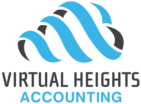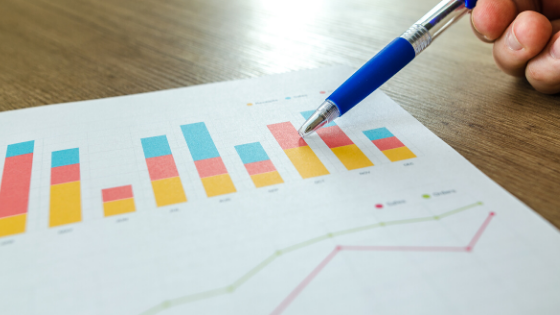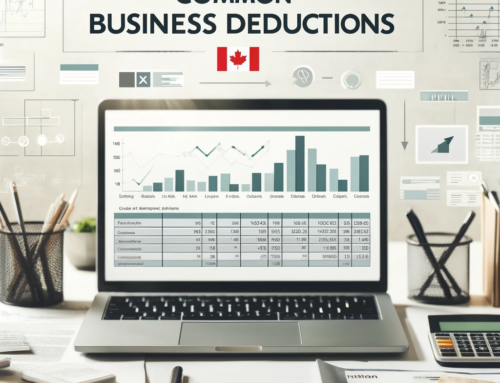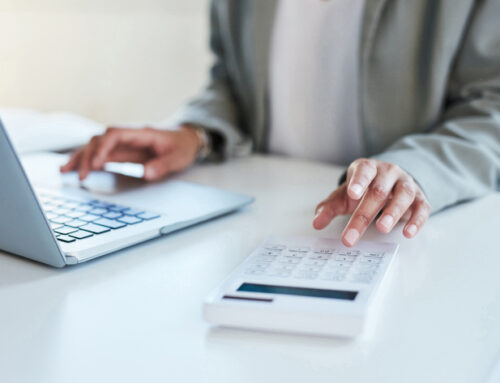As a small business owner, it’s important to know how to audit your own financial records. We don’t mean “audit” in the Canada Revenue Agency (CRA) sense. We mean taking a good look at your numbers. That’s really all CRA is doing when they audit your tax information anyway.
Knowing how to properly audit and assess your business finances is essential for successful budgeting and forecasting. In this blog, we’ll go over some of the basics of auditing your business financials and discuss why it’s so important. Let’s dive in!
Why Audit Your Business Financial Records?
Auditing your business financial records is a great way to make sure that everything is organized and accurate. This will give you better insights into the health of your business. Your accountant will also appreciate this when it comes time to prepare your corporate taxes.
When you have accurate data, you can make sound decisions about where to invest money, who to hire or fire, and other key elements of running a successful business. Additionally, reviewing your financial records can help ensure you comply with applicable laws and regulations as well as provide assurance in case of audits by external agencies.
What To Look For During An Audit
When conducting an audit on your own financial records, there are several things you should look for. First, review all incoming invoices and bills to make sure they are accurate and complete. This includes verifying that each invoice matches what was ordered or delivered and that any discounts were applied correctly. This should be done every time you receive a bill, so errors can be fixed right away.
Second, review all outgoing payments to vendors to make sure they match the invoices received from the vendor. Third, make sure any taxes due have been paid on time. This includes both payroll taxes as well as sales taxes for goods sold or services provided. Finally, perform a reconciliation between bank accounts and books at least once a month. This way any discrepancies can be identified quickly.
At month end, you’ll want to compare income and expense amounts to the previous month. This comparison will help you identify any changes in your cash flow, as well as any income or expense accounts that have increased or decreased. (Make sure you know why.) This is also a great time to review your accounts receivable and accounts payable to make sure all invoices have been paid on time and any amounts owing to you are collected quickly.
In conclusion, knowing how to audit your own business financial records is essential for small businesses owners looking to stay organized. Reviewing your records helps ensure accuracy in bookkeeping practices while also providing valuable insights into the overall health of your business. With this knowledge in hand, small businesses owners can rest assured knowing their finances are secure and up-to-date!
For more information or guidance on month end or year end procedures, contact our office. We’re happy to help!





